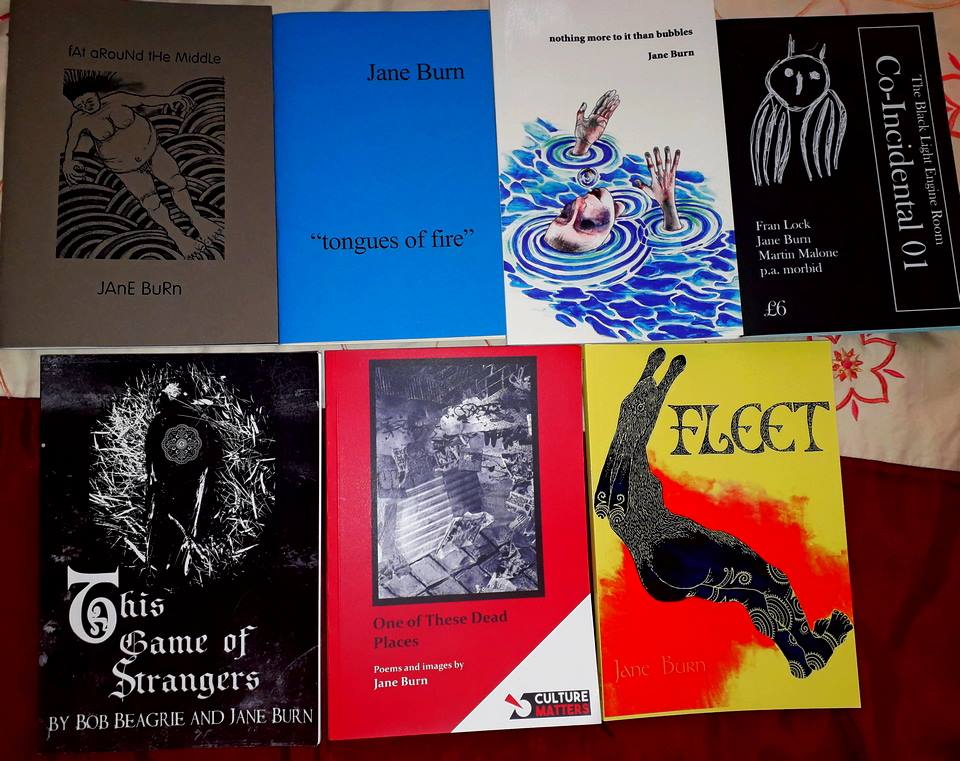
JANE BURN – POETRY AS HARD GRAFT, INSPIRATION, REACTION OR EXPERIMENT?
I interviewed poet & artist Jane Burn who won the Michael Marks Environmental Poet of the Year 2023-24 with A Thousand Miles from the Sea.
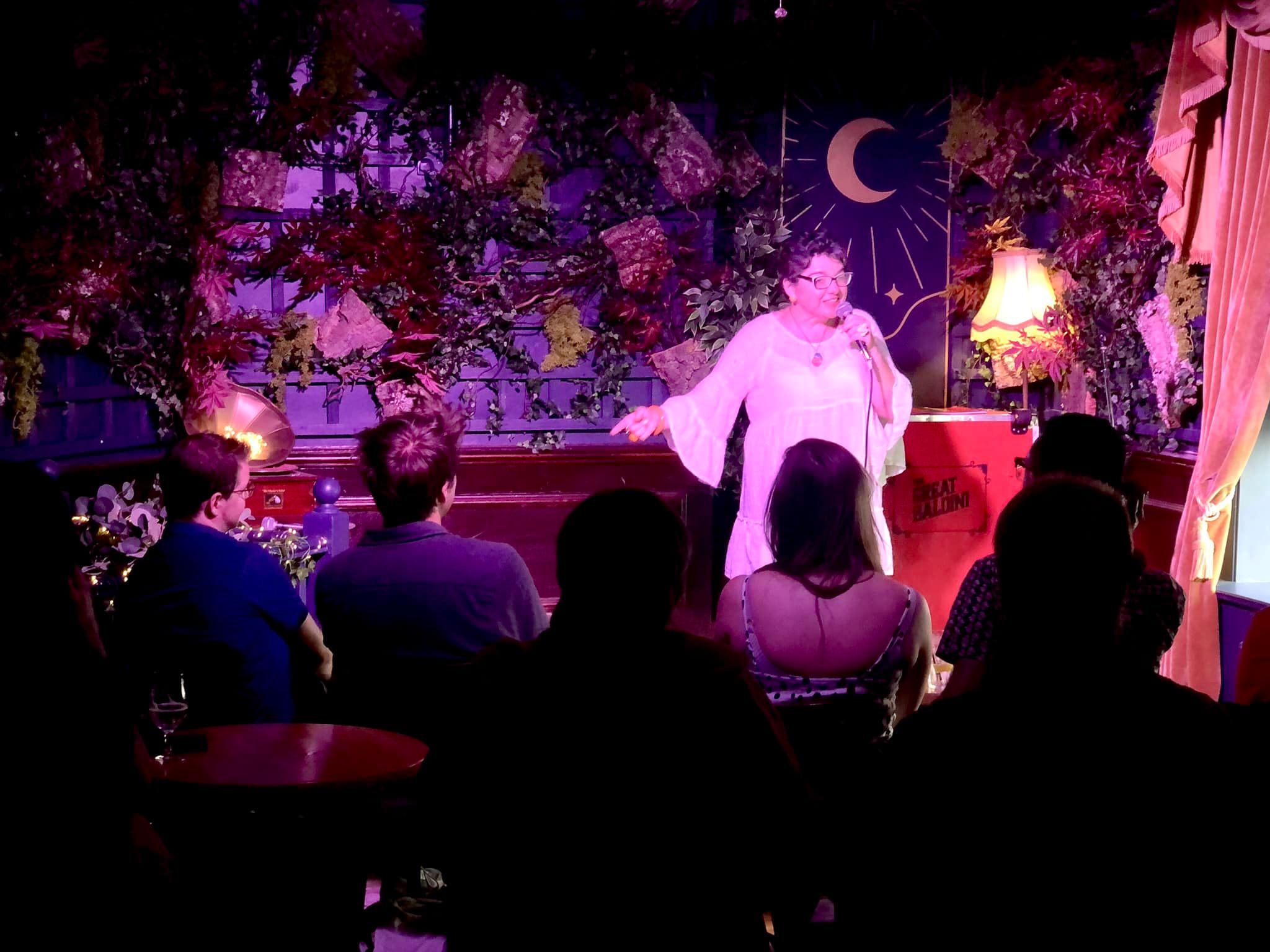
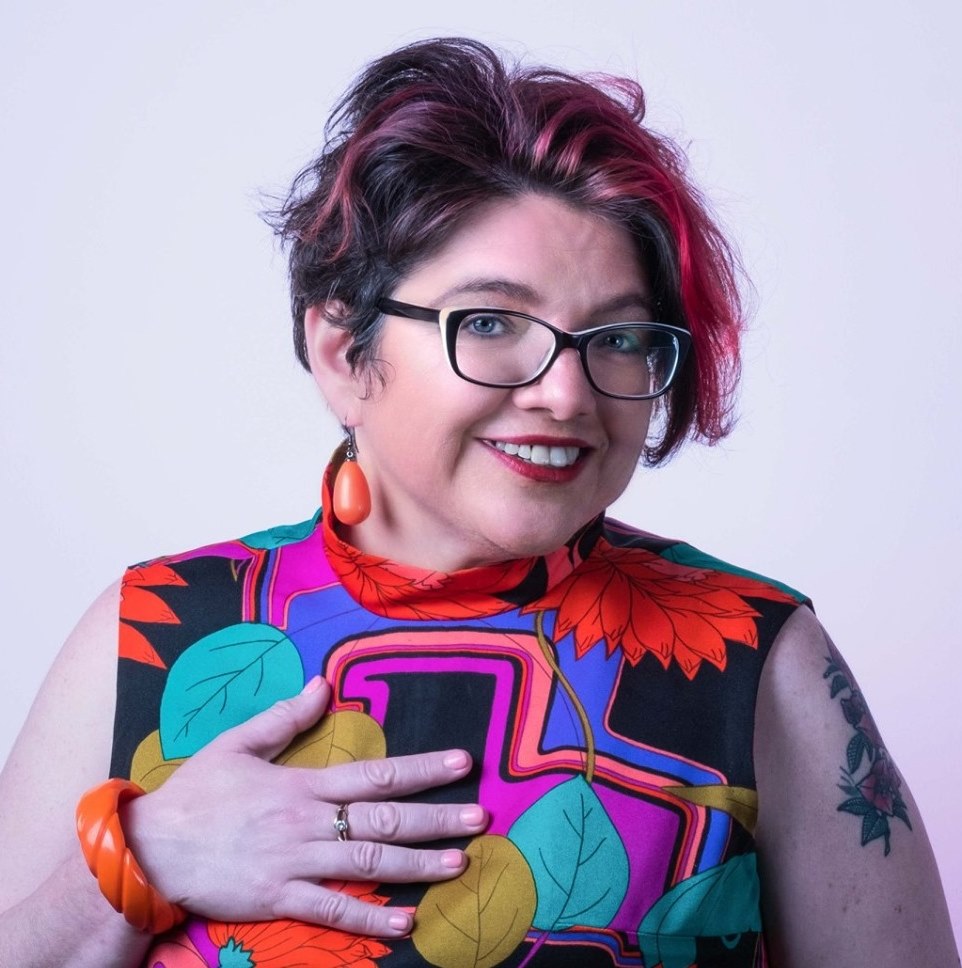
I interviewed stand-up comedian Daphna Barham who has described herself as a “middle-eastern Mary Poppins”, performing, and writing a PhD thesis at Lancaster University about first-generation immigrants who perform comedy in the UK. Born in Israel, Daphna has worked as a human rights lawyer representing Palestinians in the Israeli military courts in the West Bank, and later as a journalist, news editor and deputy editor-in-chief. She moved to the UK in 2002 and worked as an academic, an editor and a literary translator. She has been performing stand-up comedy since 2010.
Leslie: What are the pros and cons of being a woman in the majority-male business of standup comedy?
Daphna: I think I was lucky to get into comedy when I did (2010) because I could see how things changed for women in comedy over the last decade and a half. When I started it was still acceptable for promoters to refuse women a place on a lineup because “we already have one”, or to tell you in an open mic “We need to have you on the second half of the show because we already have a woman in the first half”. Male comedians were assessed by the type of comedy they did – punsters, storytellers, surreal comedy and so on, whereas “a woman” was wrongly seen as a “type” of a comedian. So much has changed since. 14 years ago you could still see posts calling for comedians on the comedy collective group on Facebook saying “sorry, girls, this venue does not want female comedians.” Nowadays it is as unthinkable as saying they do not want black or Jewish comics. Still, you can sometimes see a whole male (often white) line up in some places, but it is a dying trend, and it is thanks to pioneering female comedians and certain promoters who gave us encouragement and opportunities. But mainly – it is a numbers game. More and more women come out into the circuit, and the more of us there are, the more good ones will be out there.
Leslie: Woman are generally subject to more stereotyping than men. How do you avoid, subvert, challenge or confirm (even!) gender stereotypes in your material/how you present yourself/how you deliver it?
Daphna: I am not sure. I rarely say things “as a woman” but I have quite a lot of menopause material, which normally goes down well. I always take my presence on stage for granted, my presence is clearly feminine, I dress colourfully and some of the things I speak about are clearly related to me being a woman indirectly, but I do not think I ever tried to avoid, subvert, challenge or confirm gender stereotypes as such. The stereotypes I do address have more to do with being an immigrant, an Israeli, a lefty and older than most other performers on the line up.
Leslie: What’s your stage persona? How do you catch people’s attention at the start of your act? Can you describe any other techniques you use (such as setup, punchline and tag, storytelling or a disjunction between what you say and how you say it/facial expression/gestures)?
Daphna: I used to define myself as a “middle-eastern Mary Poppins” and to a great extent I’m still that – your loopy auntie. I normally dress very colourfully, mostly in dresses. I usually open by addressing my accent and hence my foreignness, but it also leads me directly and efficiently to who I am politically. It has always been important to me to clarify that I am very critical of the Israeli government(s) and its actions.
Leslie: How do you initially come up with material and how do you develop/refine it?
Daphna: I often feel I need to write very topical stuff. For example, recently I absolutely had to address what has been happening in Israel and in Gaza so I sit and write either inspired by my own experiences or by things I have read in newspapers or saw on television. Then I write the jokes into it. Many times my jokes are based on little stories, anecdotes or incidents, but you must write the jokes into them using joke writing techniques (rule of three, pull back and return, misdirection, word play – there are dozens of joke types).
Leslie: Tell us about your use of personal anecdote. How do you shape your life experience to have an impact on stage? What bits of your life are you highlighting and why?
Daphna: If memory serves, most have to do with either visiting Israel and encounters with the political realities and with my family (for example, my material about the events of 7 October 2023 in Israel starts with me waking up at my niece’s bed in Jerusalem, and my nephews arguing whose responsibility it is “to deal with the tourist”) others can do with my medical ordeals, aging, social encounters, dating, work-related anecdotes and so on.

Leslie: How do you encourage audience participation and how do you deal with hecklers?
Daphna: Even though my style is mostly described by reviewers as “conversations” I do not really chat much with the audience at all. I have zero need to know that they are undertakers from Milton Keynes or plumbers from Birmingham. Hecklers are rare and normally drunk. If there’s a need I can lay into them and turn them off but that’s very rarely needed.
Leslie: Tell us about ‘Laughing for Palestine’. How do you make a tragic situation comic?
Daphna: I started the Laughing for Palestine line of gigs when I was working for the UK branch of the Israeli Committee Against House Demolition (ICHAD UK), to raise funds, and later organised or participated in a few gigs of that kind for the Palestine Solidarity Campaign or in support of Medical Aid Palestine and other such Palestine related ventures. I discovered that comedians are very generous with their time, and that unlike what some people predicted, I’ve hardly come across comedians who were wary of standing up for Palestine. It is hard to make a tragic situation comic, and sometimes people are fascinated and yet are reluctant to laugh. It’s certainly easier to make fun of an experience if I was personally involved, so most of my material is about that kind of thing.
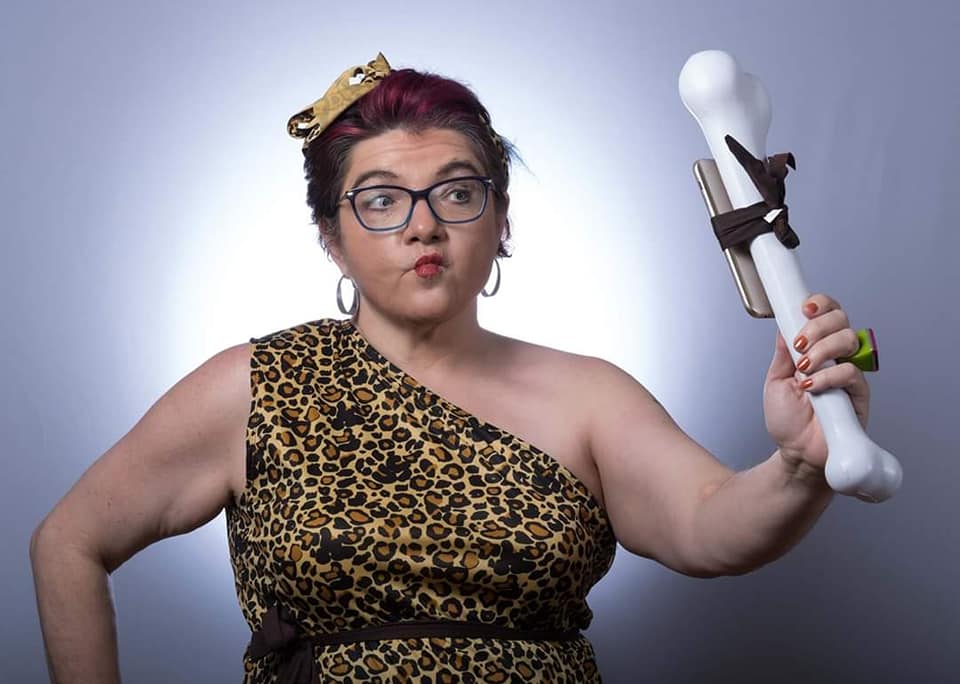
Leslie: What are the best things and worst things about going on stage solo?
Daphna: I’m not great at coordinating, especially physically. I’m a terrible dancer especially when it involves another person or other people. I like it that all that works is mine and all that fails is on me. Going on stage solo is what I like about solitude in comedy. That said, I wish it was more in our culture as comics to collaborate, to write together, to brainstorm. There are more and more such ventures, and I’m happy to see them bloom. But at the end of the day, it is in the nature of stand-up to have performers who are loners, who say “Look at me, I have something to tell you that is about me, about you, and at the end – about us. And this requires this solitary stance.
Next week I interview novelist Jenny Kane, who also writes as Jennifer Ash and Kay Jaybee.
ABOUT LESLIE TATE’S BOOKS:

I interviewed poet & artist Jane Burn who won the Michael Marks Environmental Poet of the Year 2023-24 with A Thousand Miles from the Sea.
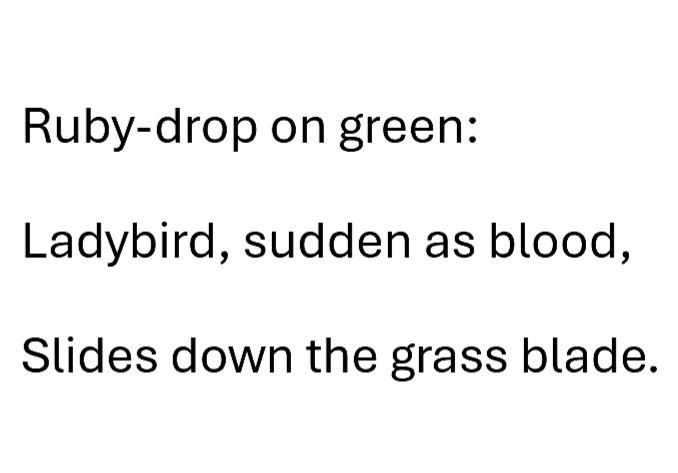
I interviewed ex-broadcaster and poet Polly Oliver about oral and visual poetry, her compositional methods, and learning the Welsh language. Polly says, “I absolutely love
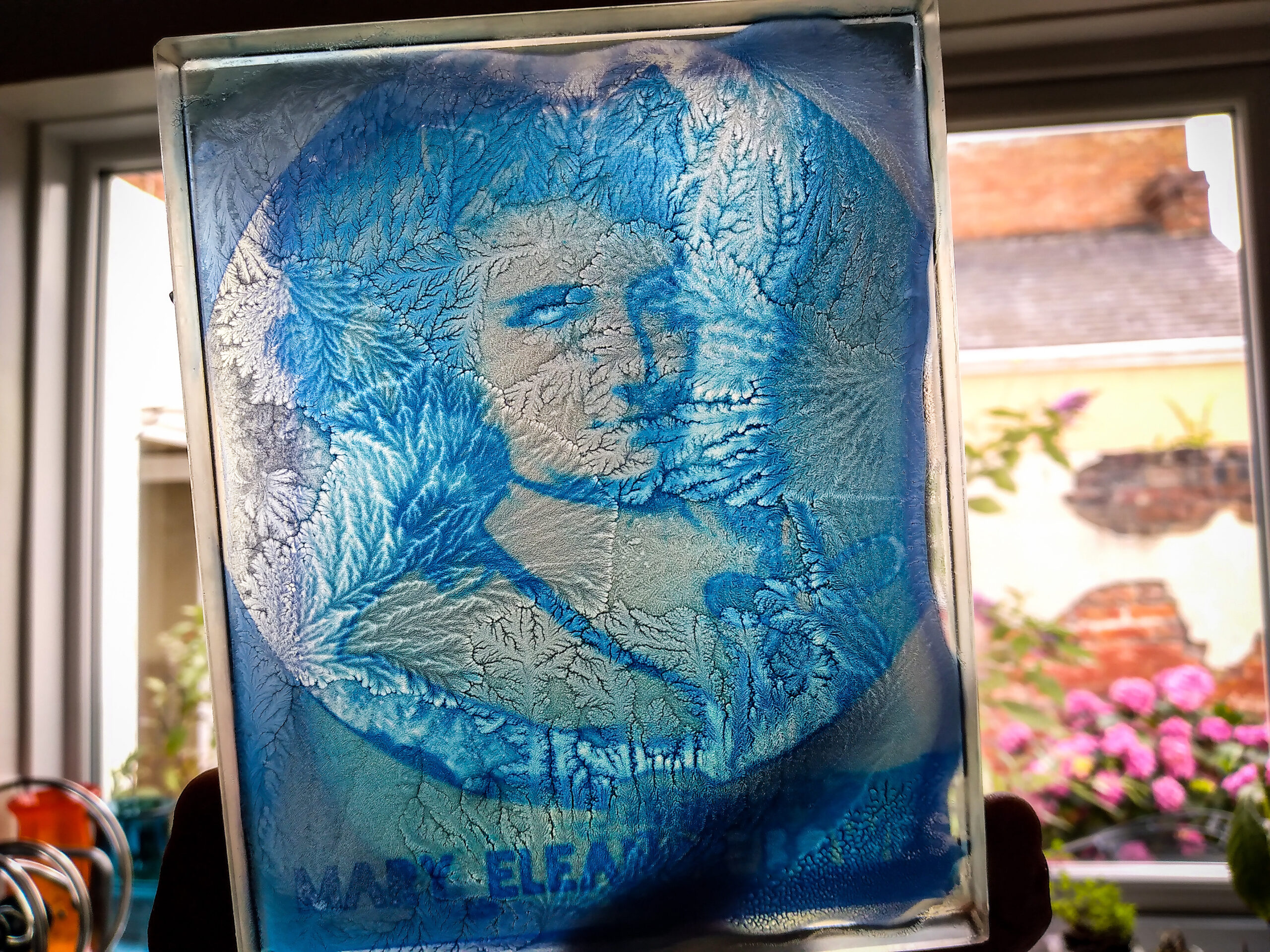
I interviewed Jo Howell who says about herself: “I’ve been a professional photographic artist since I left Uni in 2009. I am a cyanotype specialist.
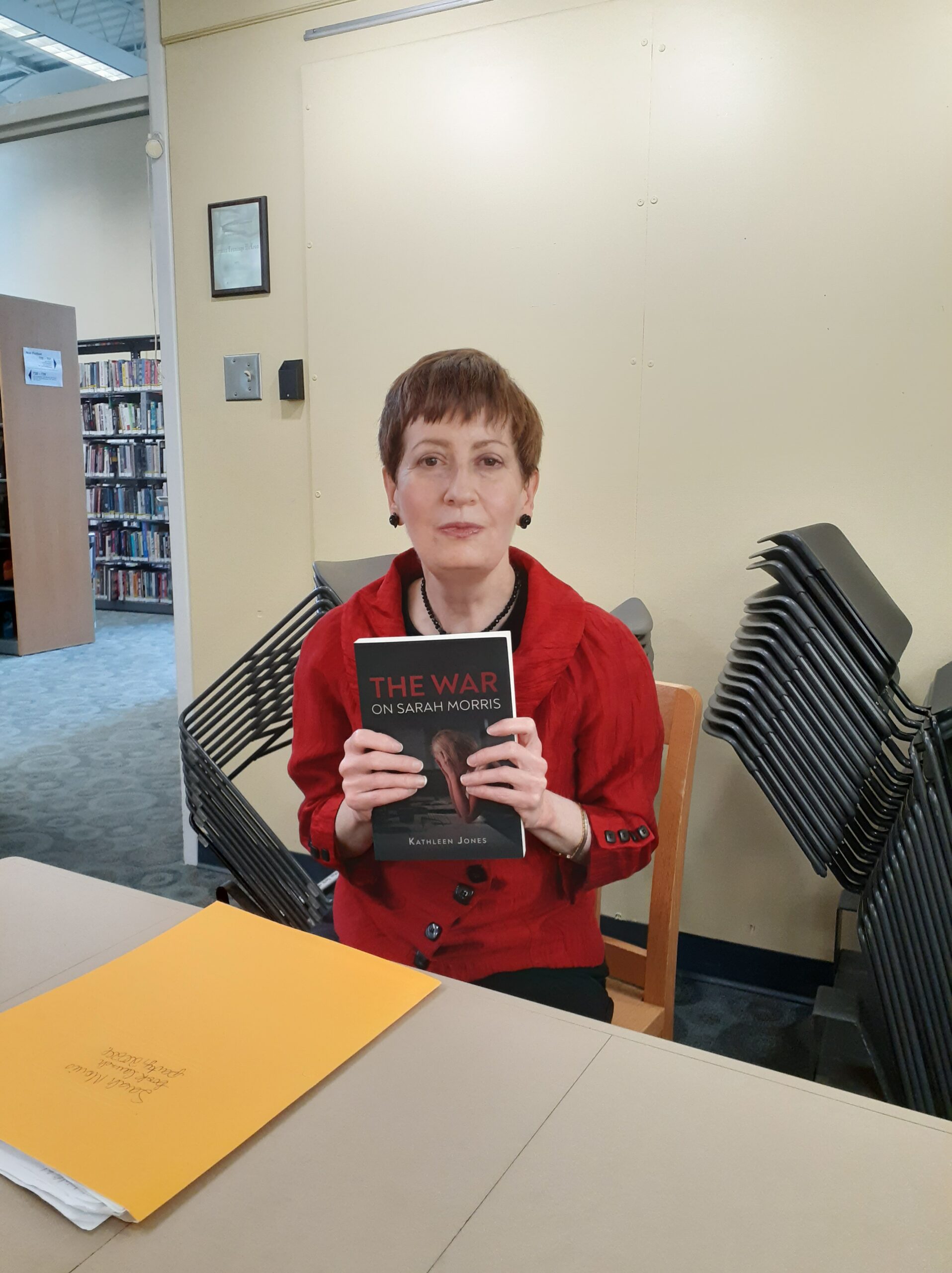
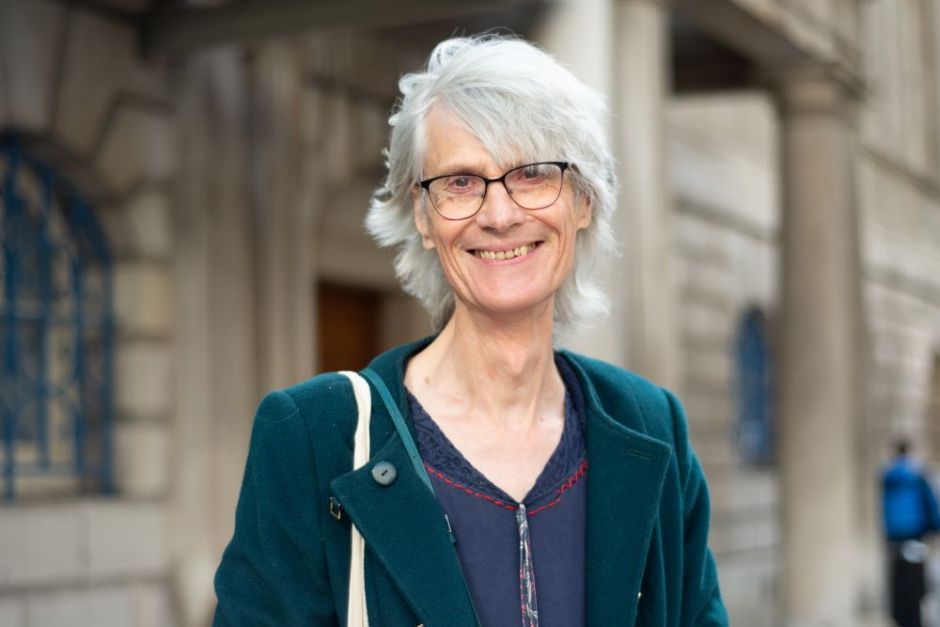
Poet Tracey Rhys, writer of Teaching a Bird to Sing and winner of the Poetry Archive’s video competition reviews Ways To Be Equally Human. Tracey,
| Cookie | Duration | Description |
|---|---|---|
| cookielawinfo-checkbox-analytics | 11 months | This cookie is set by GDPR Cookie Consent plugin. The cookie is used to store the user consent for the cookies in the category "Analytics". |
| cookielawinfo-checkbox-functional | 11 months | The cookie is set by GDPR cookie consent to record the user consent for the cookies in the category "Functional". |
| cookielawinfo-checkbox-necessary | 11 months | This cookie is set by GDPR Cookie Consent plugin. The cookies is used to store the user consent for the cookies in the category "Necessary". |
| cookielawinfo-checkbox-others | 11 months | This cookie is set by GDPR Cookie Consent plugin. The cookie is used to store the user consent for the cookies in the category "Other. |
| cookielawinfo-checkbox-performance | 11 months | This cookie is set by GDPR Cookie Consent plugin. The cookie is used to store the user consent for the cookies in the category "Performance". |
| viewed_cookie_policy | 11 months | The cookie is set by the GDPR Cookie Consent plugin and is used to store whether or not user has consented to the use of cookies. It does not store any personal data. |